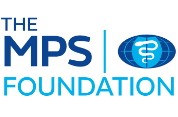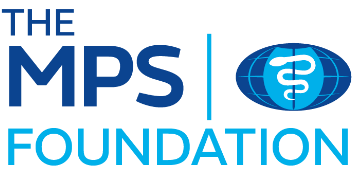Project title
Introducing and evaluating a culturally sensitive open disclosure programme in Singapore and Malaysia
Country
Singapore and Malaysia
Background
Open disclosure sees physicians apologise, express regret, provide a factual account of an adverse event, and discuss its consequences with patients and their families to prevent a repeat of the event. Empathetic open disclosure reaps positive clinical outcomes for patients and enhances the wellbeing and job satisfaction of healthcare professionals while ameliorating burnout. However, open disclosure may present a challenge for untrained junior doctors and medical students who are particularly vulnerable to abuse and significant psycho-emotional distress. These concerns are further compounded by time-pressures, a loss of perception of holistic care, fear of litigation, and unrealistic patient expectations. Our past findings suggest that such experiences impact their thinking, practice, and indeed how they relate to their profession and future roles.
Our novel VOWELs tool provides an easy mnemonic (“A-E-I-O-U”) to guide open disclosure and offers a reminder to “VOW to be culturally sensitive, to Empathise, Listen and Support”. While initial use of this tool has received positive feedback from local physicians, patients and their families, it has yet to be formally assessed in the teaching sphere.
Summary
This study seeks to evaluate the impact of open disclosure on the professional identity formation of junior doctors and medical students via a four-phased approach.
In Phase 1, a systematic scoping review is proposed to map current approaches to communication skills training in palliative care and oncology settings, and to finesse the design of the VOWELS tool.
In Phase 2, we build on our data from our ongoing MPS grant on moral distress that highlights the need for longitudinal and personalised support for physicians participating in open disclosure. To aid this process, we have introduced an evidence-based mentor training programme to prepare mentors for the role of supporting participants.
In Phase 3, medical students and junior doctors will participate in an open disclosure programme that features the use of the VOWELS tool in a one-on-one communications scenario with a simulated patient.
In Phase 4, the participating medical students and junior doctors will be invited to partake in semi-structured focus groups to offer their feedback on the programme and challenges faced in difficult communications.
Outcome
By understanding the barriers to open disclosure in Southeast Asia and developing a programme targeted at equipping physicians to apply and adapt the VOWELs tool to fit the needs of patients, this study hopes to improve clinical wellbeing by bolstering confidence in challenging communications. It further strives to increase support for medical students and junior doctors and improve patient satisfaction and outcomes whilst reducing litigation for the next generation of junior doctors.
A secondary outcome includes the mentoring programme supporting physicians as a basis for further study into the role of mentoring in mental health. Moving forward, we believe that a mentoring framework will aid future study into supporting compassion fatigue and moral distress.

